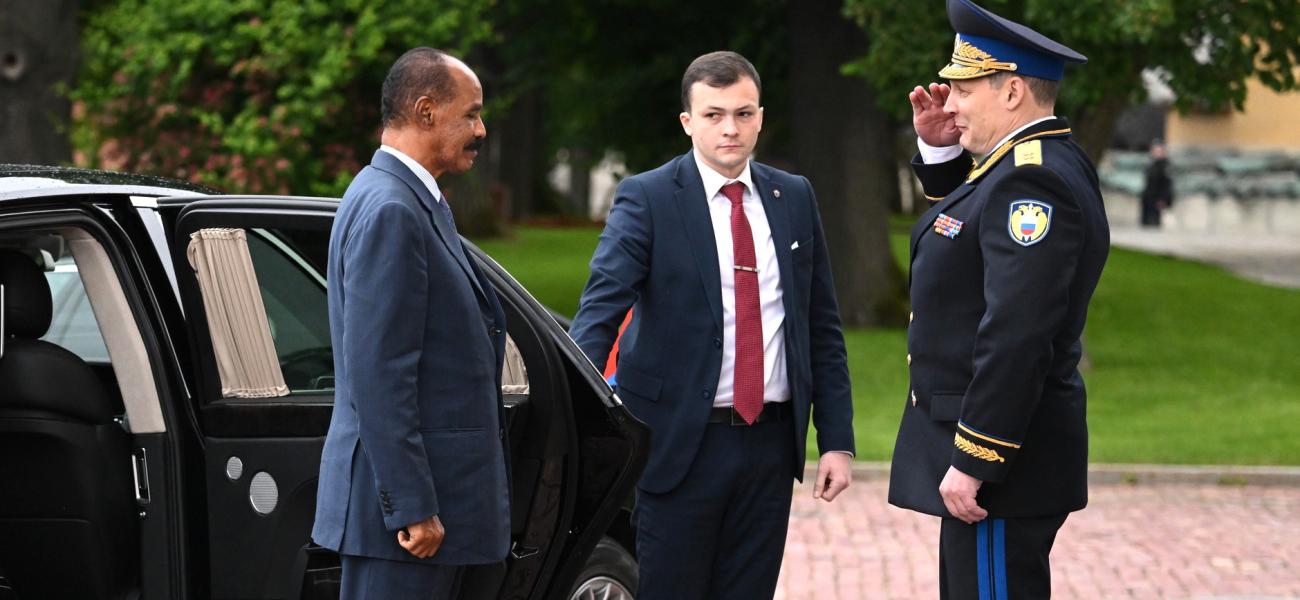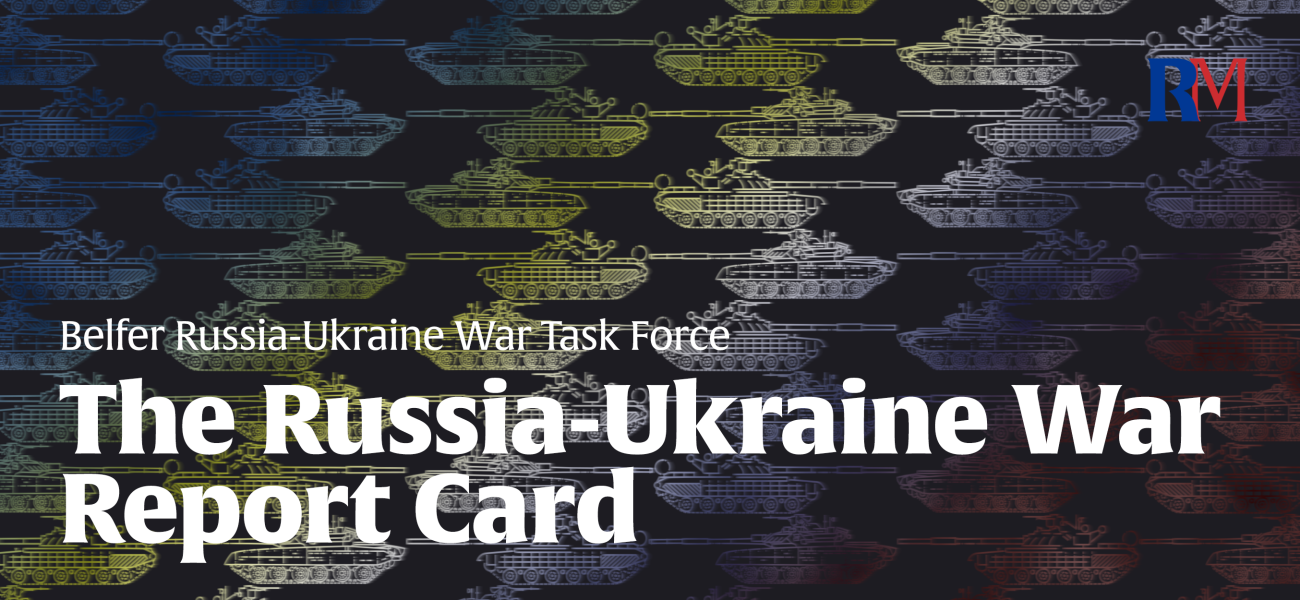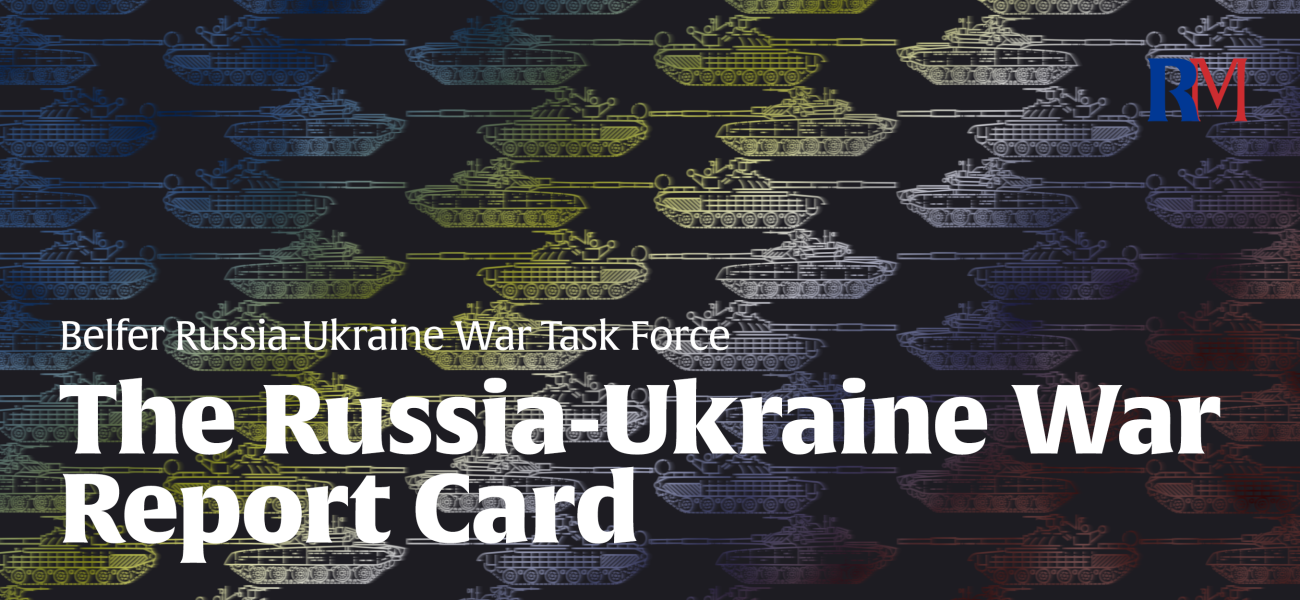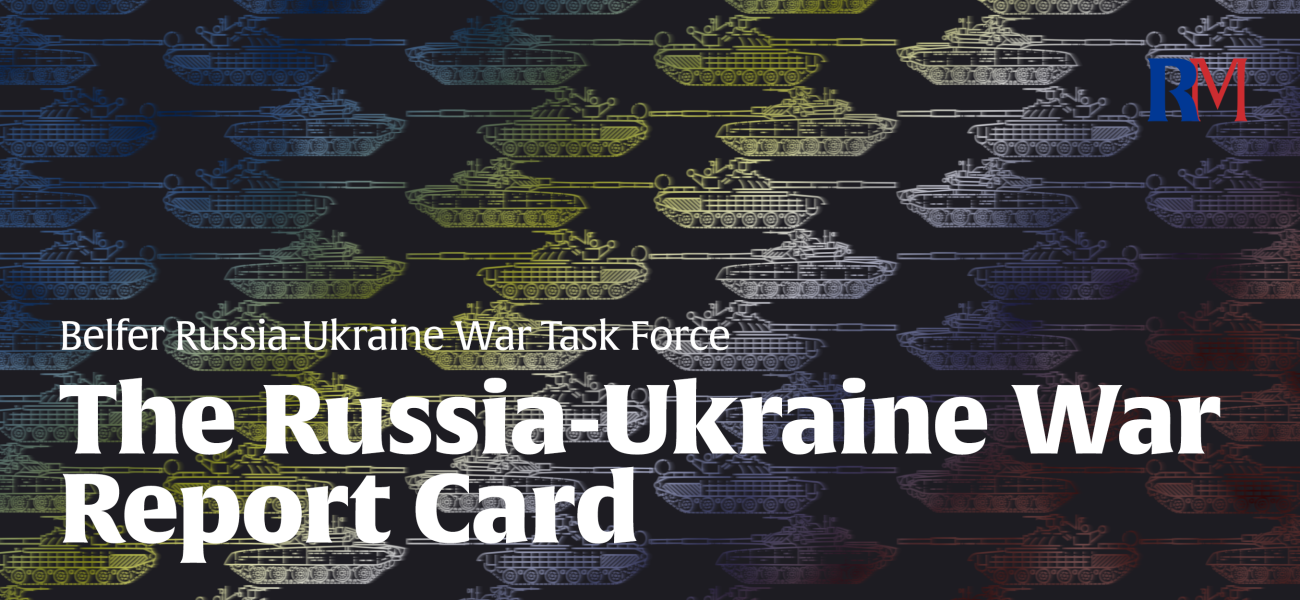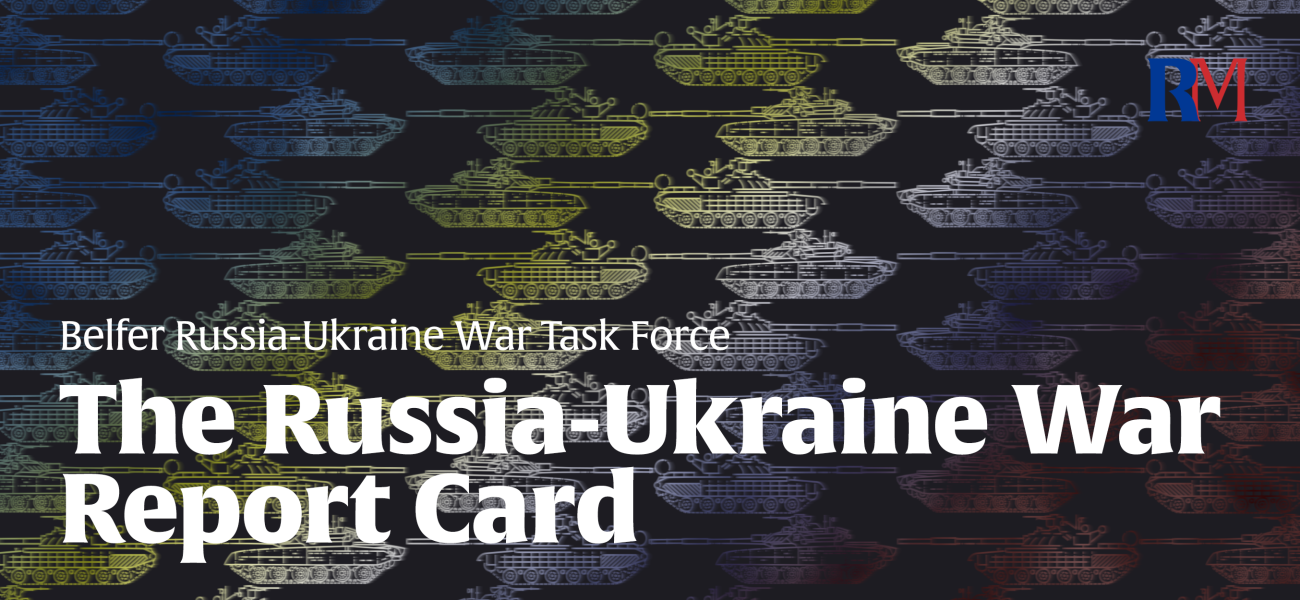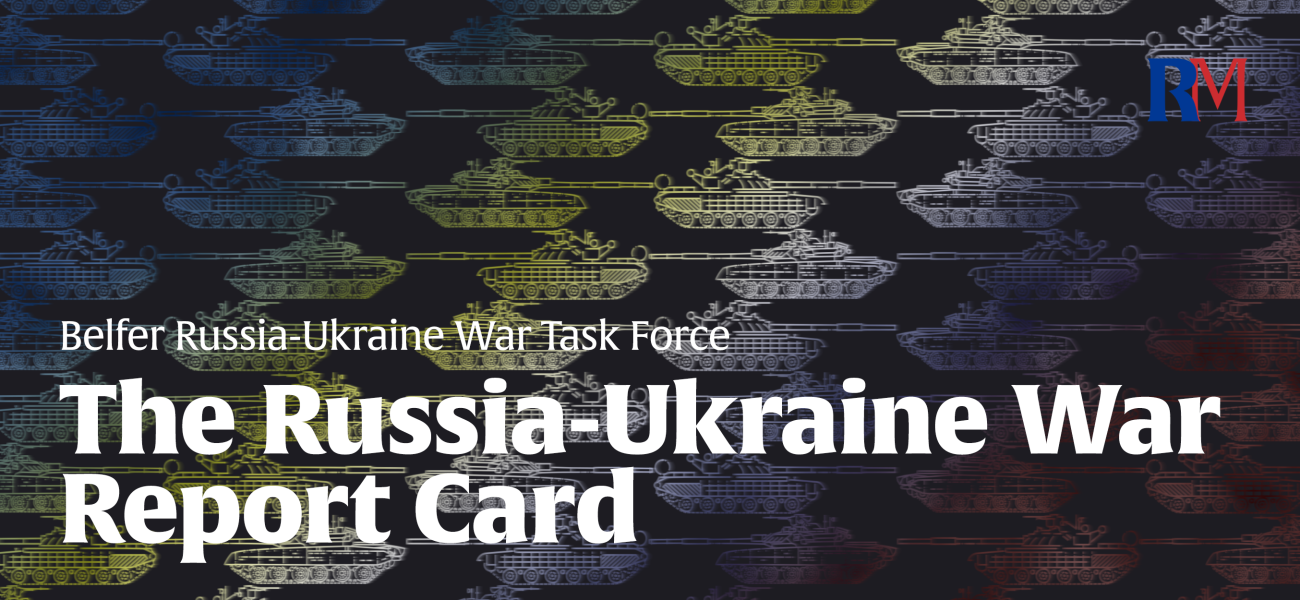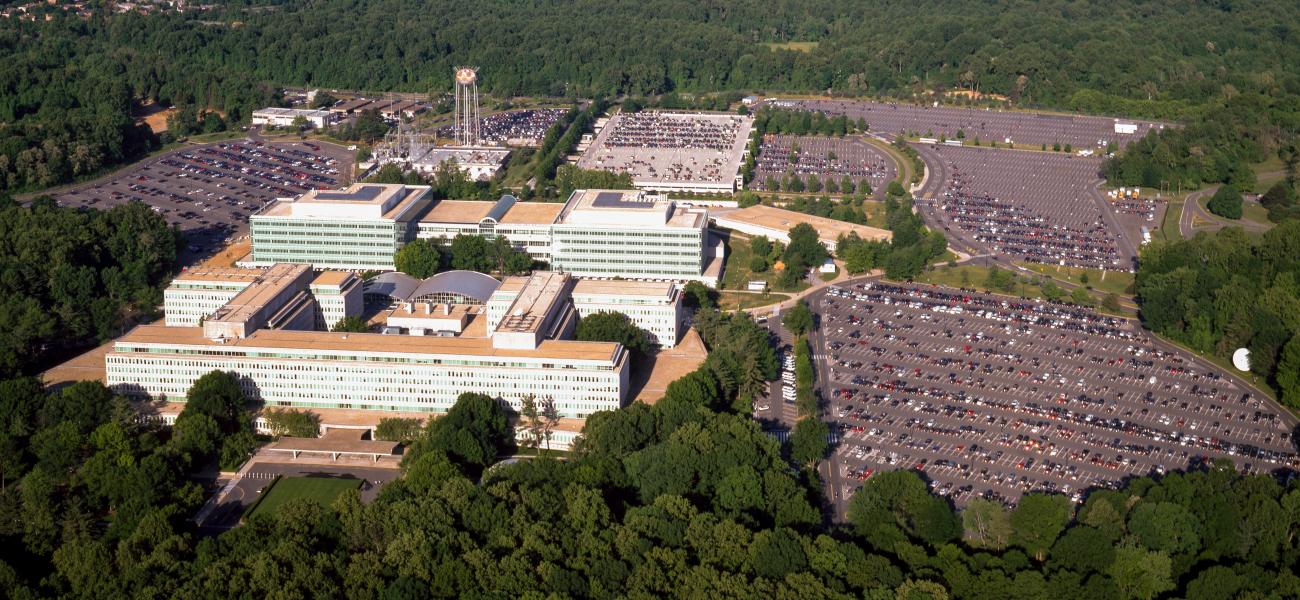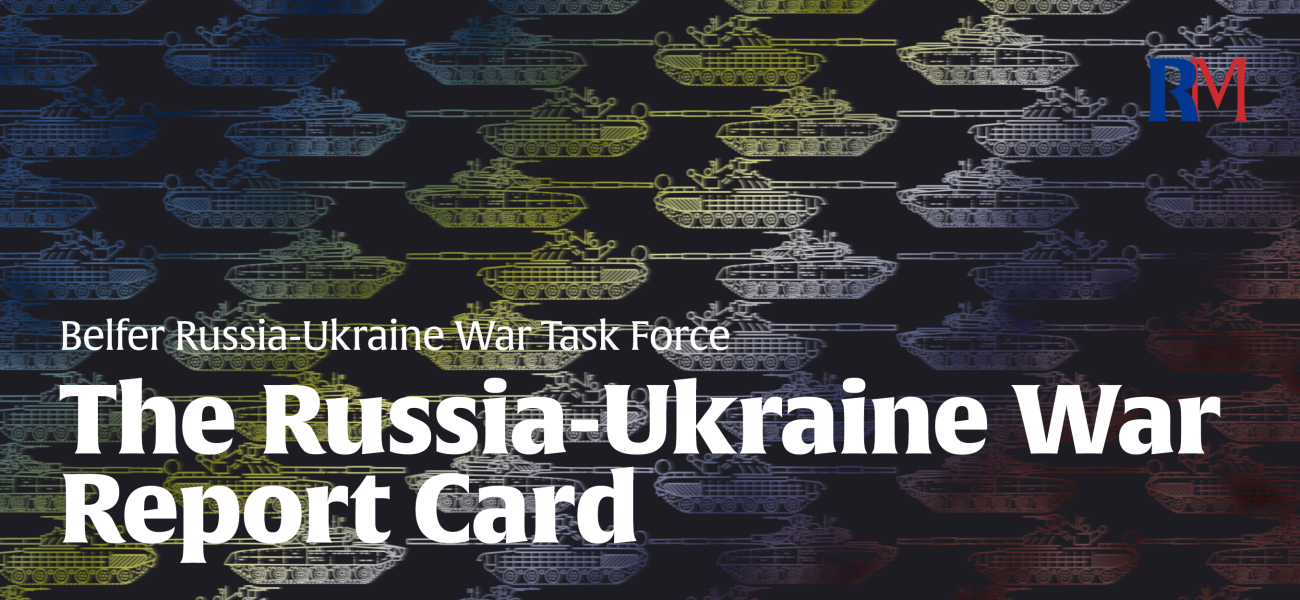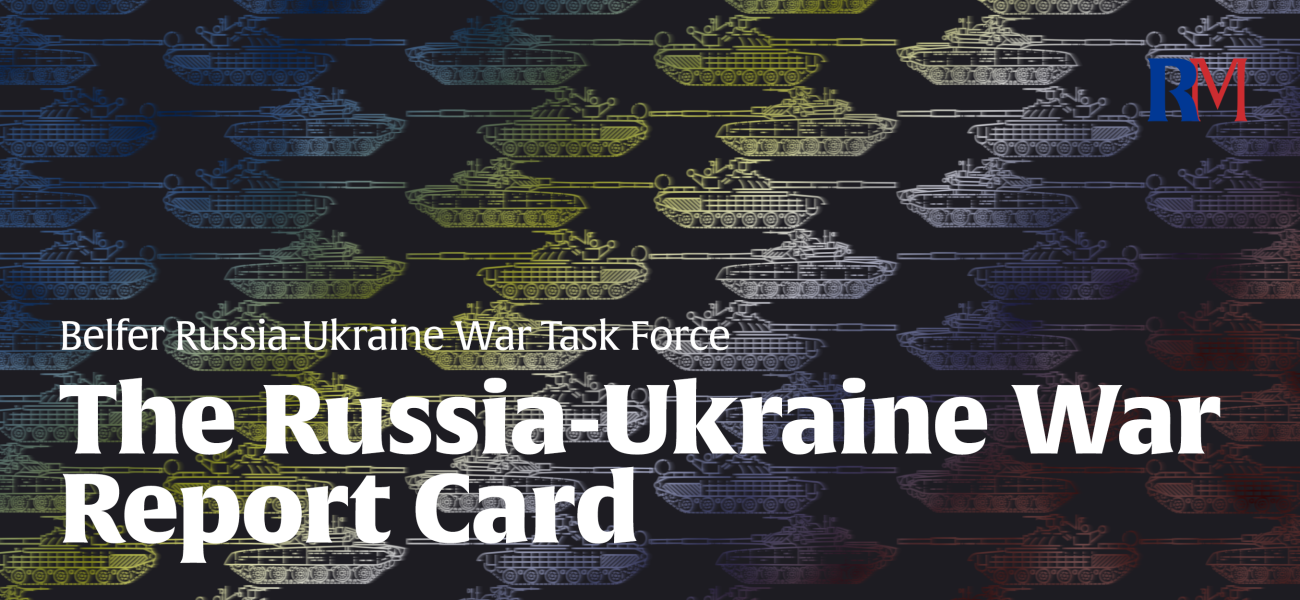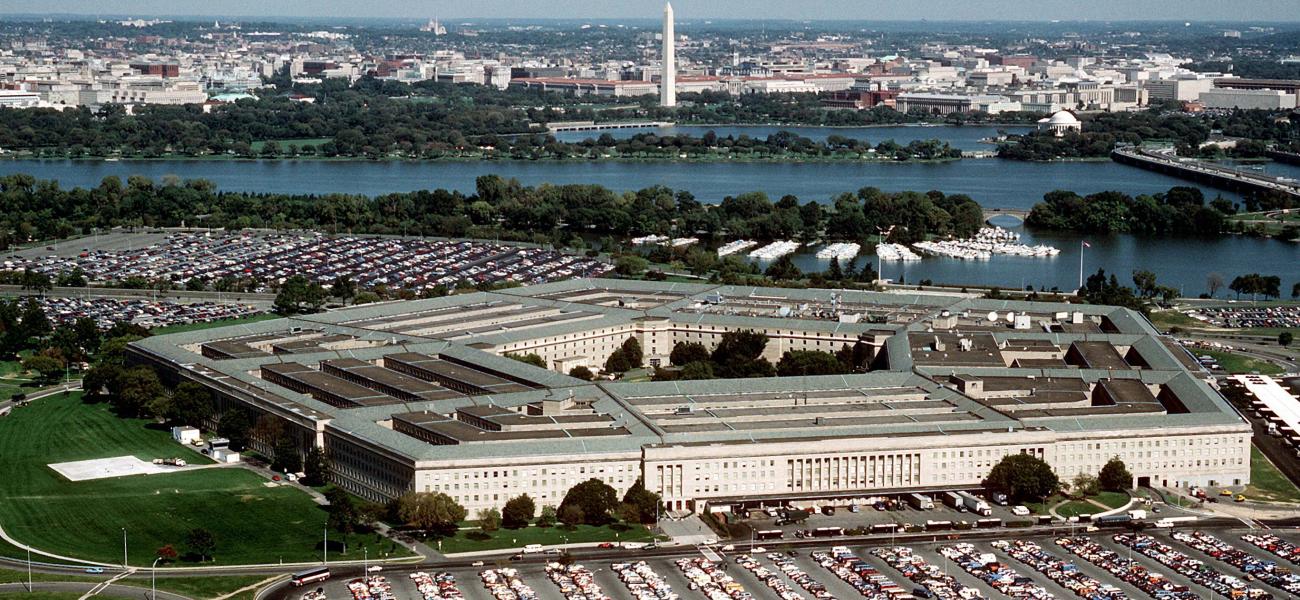Vladimir Putin’s hosting of Eritrean President Isaias Afwerki in Moscow and Sergei Lavrov's trip to Africa this week are the latest in a flurry of recent initiatives aimed at advancing Russian interests vis-à-vis the continent. In the short term, these diplomatic efforts aim to foil the ongoing campaign by Western powers to isolate Russia over its war against Ukraine. In the medium to long term, they may enable Russia to position itself to benefit from the continent’s rapid growth forecast.
Lavrov’s trip — his third to Africa this year alone,— has included stops in Kenya, Burundi, Mozambique and South Africa, where he is participating in a gathering of BRICS foreign ministers June 1-2. And Russia’s veteran foreign minister will likely be back on the continent at least once more this summer, provided that Putin attends the Aug. 22-24 BRICS summit in Johannesburg in person. (South African authorities have floated the possibility that they would grant the Russian leader immunity from an arrest warrant issued recently by the International Criminal Court — whose jurisdiction Johannesburg recognizes — though they may alternatively end up asking either China or Mozambique to host the summit in their stead.) Regardless of whether or where the BRICS summit takes place, both Putin and Lavrov can also be expected to meet their African counterparts again when they host the second Russia-Africa summit in St. Petersburg on July 26-29.

